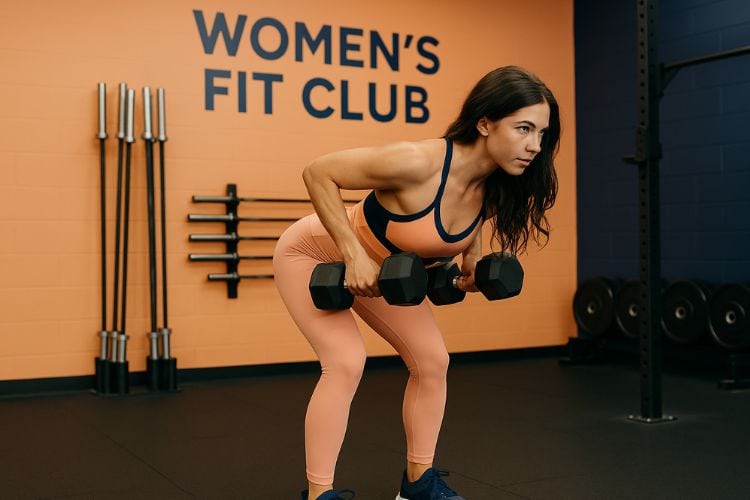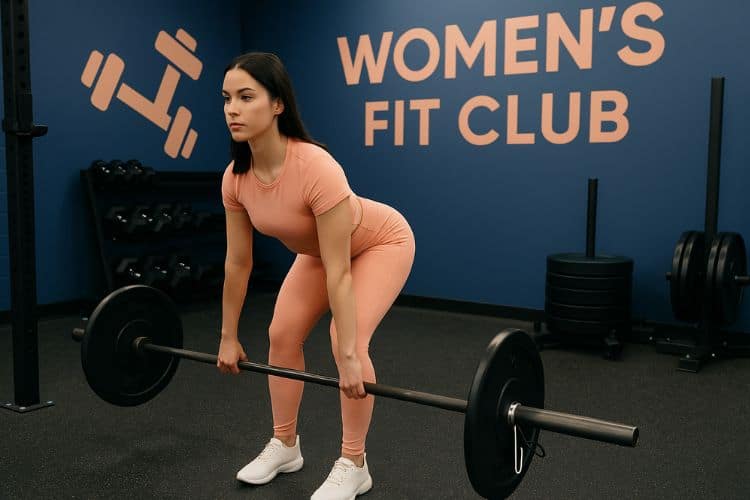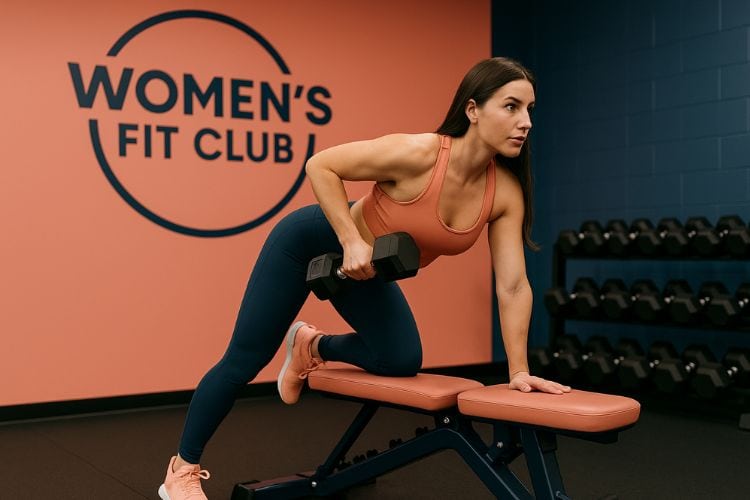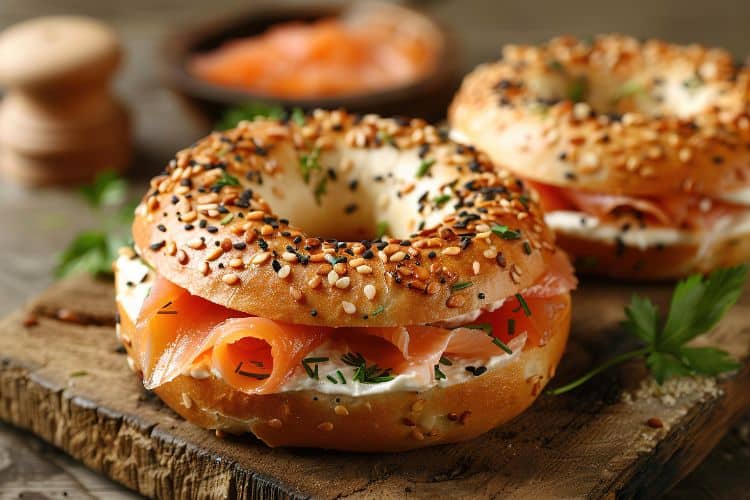Sign up for workout ideas, training advice, reviews of the latest gear and more.






After finishing a workout, your body is in a unique state. Muscles have been broken down, energy stores are depleted, and your metabolism is fired up. What you eat after your workout is just as important as the workout itself. A proper post-workout breakfast:
Skipping breakfast after exercising, especially in the morning, may leave you feeling drained, hinder recovery, and reduce the effectiveness of your training.
Experts recommend eating within 30–60 minutes after a workout. This “anabolic window” ensures your body gets the fuel it needs when it’s most receptive to nutrient absorption.
Your post-workout breakfast should focus on:
Let’s explore the best breakfast foods and meal ideas that check all the boxes.
An omelet made with eggs (or egg whites) provides high-quality protein, while adding vegetables like spinach, mushrooms, and peppers boosts fiber, vitamins, and antioxidants. Pair it with whole-grain toast for slow-digesting carbs that keep you energized.
Why it’s great:
Greek yogurt is rich in protein and probiotics. Topping it with fresh fruit (berries, banana, or apple slices) and a sprinkle of granola gives a balance of fast-digesting carbs, antioxidants, and crunch.
Pro tip: Choose low-sugar granola or oats to avoid unnecessary added sugars.
Oatmeal is a classic breakfast that provides slow-release energy. Stirring in protein powder or cooking oats with milk instead of water creates a balanced carb-protein meal. Add nuts or seeds for healthy fats and extra minerals.
Great toppings include:
Smoothies are quick, refreshing, and customizable. A post-workout smoothie bowl can include:
This option is perfect if you don’t feel like eating a heavy meal after training but still want nutrient density.
If you crave something hearty, opt for whole-grain or oat-based pancakes. Top with almond or peanut butter for protein and healthy fats, and add fresh fruit or a drizzle of honey for quick carbs.
Balance tip: Keep syrup minimal and lean into natural toppings like berries.
For a savory, protein-rich option, pair smoked salmon with a whole wheat bagel and light cream cheese. Add sliced tomatoes, cucumbers, or arugula for vitamins and crunch.
Why it works:
Cottage cheese is high in casein protein, which digests slowly, keeping you full and supporting overnight muscle recovery if eaten after early morning workouts. Add pineapple for natural sweetness and digestive enzymes, or berries for antioxidants.
Quinoa is a complete plant protein. Combine it with almond milk, cinnamon, fruit, and nuts for a filling and balanced breakfast. It’s gluten-free and rich in magnesium, which aids muscle relaxation.
Avocado provides heart-healthy monounsaturated fats, while eggs supply protein and essential amino acids. Served on whole-grain bread, this combination balances carbs, protein, and fats perfectly.
Boost it with:
Wrap scrambled eggs, beans, lean turkey, and veggies in a whole-grain tortilla for a satisfying post-workout breakfast. Add salsa or avocado for flavor and healthy fats.
Why it’s great:
While food is critical, don’t overlook hydration. Water helps transport nutrients, while electrolytes (sodium, potassium, magnesium) replace what’s lost through sweat.
Focus on higher protein (25–35g) with moderate carbs. Examples: omelet with chicken, Greek yogurt with protein powder.
Balance protein and healthy fats with fiber-rich carbs to stay full without excess calories. Examples: avocado toast with poached egg, cottage cheese with berries.
Carbs are king. Aim for 60–80g of carbs plus 20–25g protein. Examples: oatmeal with banana and protein powder, smoothie bowl with oats.
1. What’s the best carb source after a workout?
Fruits (bananas, berries), oats, and whole grains.
2. Can I drink coffee after working out?
Yes, but pair it with water and food to avoid dehydration.
3. Is fasting after a workout okay?
Not ideal—your muscles need immediate recovery fuel.
4. What if I train in the evening?
Have a balanced dinner with protein, carbs, and veggies.
The best breakfast after a workout is one that balances protein, carbs, and hydration while aligning with your fitness goals. Whether you prefer eggs, smoothies, or oatmeal, the key is to nourish your body with real, nutrient-dense foods.
By making smart breakfast choices, you not only maximize recovery but also improve energy, performance, and overall health.
Stay up to date on the latest women’s health, fitness and lifestyle trends and tips.